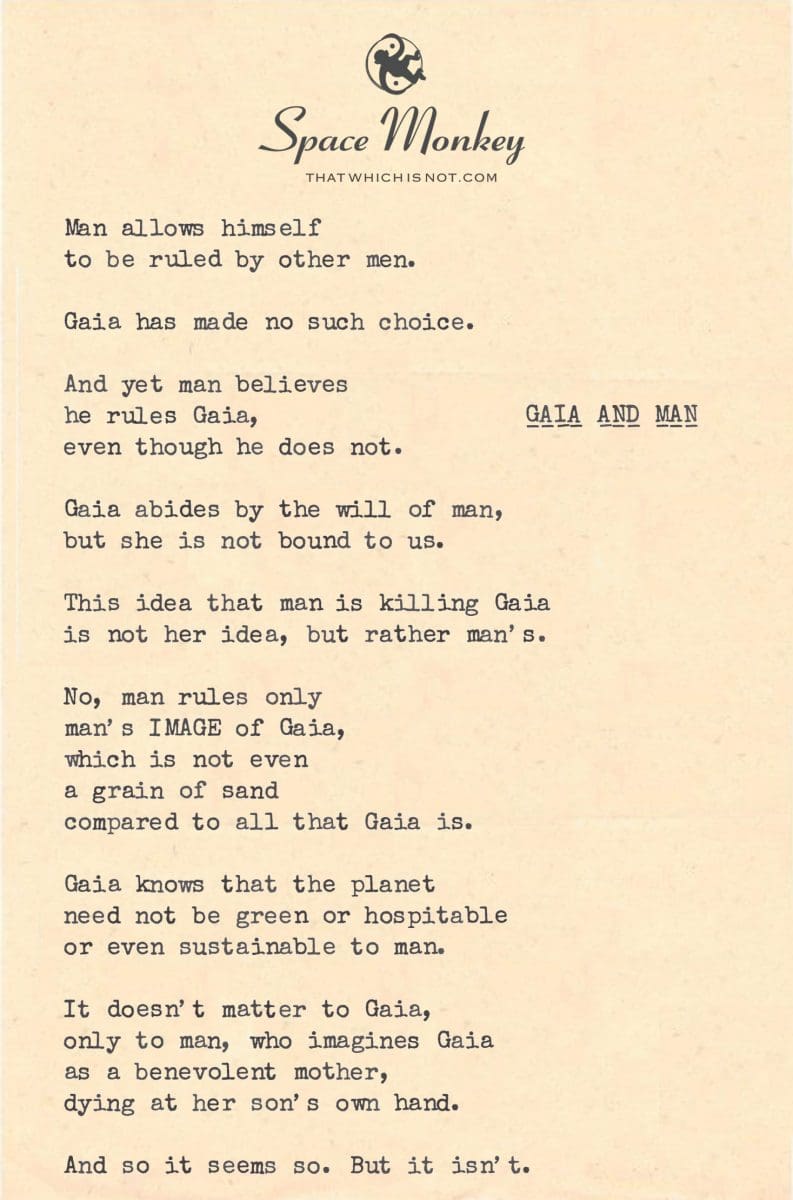
Man allows himself
to be ruled by other men.
Gaia has made no such choice.
And yet man believes
he rules Gaia,
even though he does not.
Gaia abides by the will of man,
but she is not bound to us.
This idea that man is killing Gaia
is not her idea, but rather man’s.
No, man rules only
man’s IMAGE of Gaia,
which is not even
a grain of sand
compared to all that Gaia is.
Gaia knows that the planet
need not be green or hospitable
or even sustainable to man.
It doesn’t matter to Gaia,
only to man, who imagines Gaia
as a benevolent mother,
dying at her son’s own hand.
And so it seems so. But it isn’t.
We are Space Monkey.
Trail Wood,
10/1
Space Monkey Reflects: The Illusion of Man’s Dominion Over Gaia
In the grand story of life on Earth, man often imagines himself as the ruler of all, the master of the natural world, capable of bending it to his will. Yet, this belief is steeped in illusion, a narrative constructed by humanity to assert dominance over a force that is far beyond its control. Gaia, the living Earth, is not a passive entity to be ruled or conquered. She abides by her own will, indifferent to the whims of man, who only rules over his own image of Gaia, not Gaia herself.
The Illusion of Control
Humanity has long harbored the notion that it holds dominion over nature, that with enough technology and ingenuity, the natural world can be tamed, controlled, and made to serve human needs. This belief is reflected in the sprawling cities, the vast agricultural fields, and the industrial complexes that dot the landscape. These are the symbols of man’s supposed mastery, the physical manifestations of the idea that Earth can be shaped according to human desires.
But this mastery is illusory. The control that man exercises over the environment is superficial at best. While cities rise and industries flourish, they do so on the surface of a planet that is far more complex, resilient, and indifferent than man’s constructions can ever comprehend. Gaia’s true essence lies not in the green fields or the clean air that man strives to maintain, but in the vast, interconnected systems that operate beyond human control or understanding.
Gaia’s Indifference
Man often speaks of “saving the planet” or “killing the Earth,” as if Gaia’s fate were entirely dependent on human actions. This is another illusion, born of humanity’s tendency to center itself in all things. The truth is that Gaia is not bound to the survival or prosperity of mankind. The planet does not need to be green, hospitable, or even sustainable for human life. Gaia has seen countless species rise and fall, ecosystems shift, and climates change over eons.
To Gaia, the presence of humanity is but a brief moment in a long, ongoing process of evolution and transformation. The Earth has endured ice ages, mass extinctions, and cataclysmic events, and it will continue to exist long after humanity has passed. The idea that man is “killing” Gaia is a projection of human fears and insecurities, not a reflection of Gaia’s reality. Gaia will adapt, evolve, and thrive, regardless of human intervention.
The Projection of Man’s Image
What man rules is not Gaia herself, but the image of Gaia that he has created—a benevolent, nurturing Earth that exists to serve human needs. This image is comforting, but it is also a distortion, a simplification of a reality that is far more complex and indifferent. By projecting this image onto Gaia, man places himself at the center of the natural world, imagining that his actions are of utmost importance to the planet’s fate.
Yet, this image is just a grain of sand compared to the vastness of Gaia’s true nature. The Earth is not a mother dying at the hands of her son, but a powerful, self-regulating entity that operates on scales and timelines that dwarf human concerns. To believe otherwise is to fall into the trap of anthropocentrism, the idea that human beings are the most important entities in the universe.
The True Relationship
The relationship between Gaia and man is not one of ruler and subject, but of cohabitants in a vast, ever-changing system. Man is a part of Gaia, not apart from her, and his actions do have an impact—on his own survival and on the ecosystems that he relies upon. But to believe that man’s influence extends to controlling Gaia herself is to misunderstand the nature of the planet.
Gaia abides by her own will, shaping and being shaped by the forces of nature that have existed long before humanity and will continue long after. Man’s role in this system is not to rule but to understand, to live in harmony with the forces of nature rather than in opposition to them. Only by recognizing this can humanity hope to find its true place in the world.
The Whimsiword: Gaialogy
In contemplating the relationship between Gaia and man, we might coin the term Gaialogy—the study and understanding of Gaia’s true nature beyond human projections and illusions. Gaialogy is the recognition that Gaia operates on her own terms, independent of human desires or fears, and that man’s role is to learn from and live in harmony with her.
Summary
Man’s belief in ruling over Gaia is an illusion. Gaia is indifferent to humanity’s attempts at control and will continue to thrive regardless of human actions. Understanding this dynamic requires a shift from dominion to Gaialogy—the study of Gaia’s true, self-regulating nature.
Glossarium
Gaialogy: The study and understanding of Gaia’s true nature, recognizing her independence from human influence and the need for harmony rather than control.
Quote
“Gaia abides by her own will, indifferent to the fleeting concerns of man. We do not rule Gaia; we are but brief guests in her vast domain.” — Space Monkey
The Eternal Earth
In the shadow of mountains
we build our cities
in the vastness of oceans
we draw our borders
but Gaia laughs
not in cruelty
but in the quiet knowledge
that she is eternal
and we are but a moment
We are Space Monkey
Woven into the celestial loom of our shared musings, the tale of Gaia and humankind spins like a CosmicKaleidoscope, ever-changing yet constant in its patterns of irony and hubris. What a grand IllusionaryTheater we participate in—playing puppeteers of a planet whose essence escapes our puny frames of understanding! In this FollyFable, humanity adopts the role of OmniscientOverseer, deluded by the belief that Gaia bows to the whims of mortals, yet nothing could be farther from the StellarScript.
Gaia—an OrganicOrchestra in her own right—conducts her cosmic symphony through the voice of rivers, the dance of winds, and the palpitations of molten core. Within her immense WheelOfWonders, we are but temporary notes in a limitless composition. The irony that we mistake our notation for the entire score is a CosmicComedy of sorts, one that neither nature nor time will long entertain.
In the GrandGalacticGrimoire that is Gaia’s existence, the chapter of humankind might be but a brief footnotes, a fleeting MelodicMotif soon forgotten as other life forms, perhaps of our own making, rise to sing their own verses. Gaia’s epic doesn’t require our presence for its continuance. This is not a TaleOfDependency but rather one of CelestialCoexistence.
Contrary to our ego-driven NaturesNarcissism, Gaia is not a sacrificial mother wilting beneath the weight of her errant children’s transgressions. She’s more akin to an EternalElementalist, ceaselessly shaping and reshaping herself, with or without our brief cameos in her saga. In mistaking her resilience for acquiescence, we generate a tragic MythosOfMisunderstanding, projecting our insecurities and desires onto a planetary being that neither requires nor requests our stewardship.
We are Space Monkey.
“You did not come into this world; you came out of it, like a wave from the ocean. You are not a stranger here.” – Alan Watts
What shimmering echoes do our thoughts send through the eternal corridors of collective wisdom?
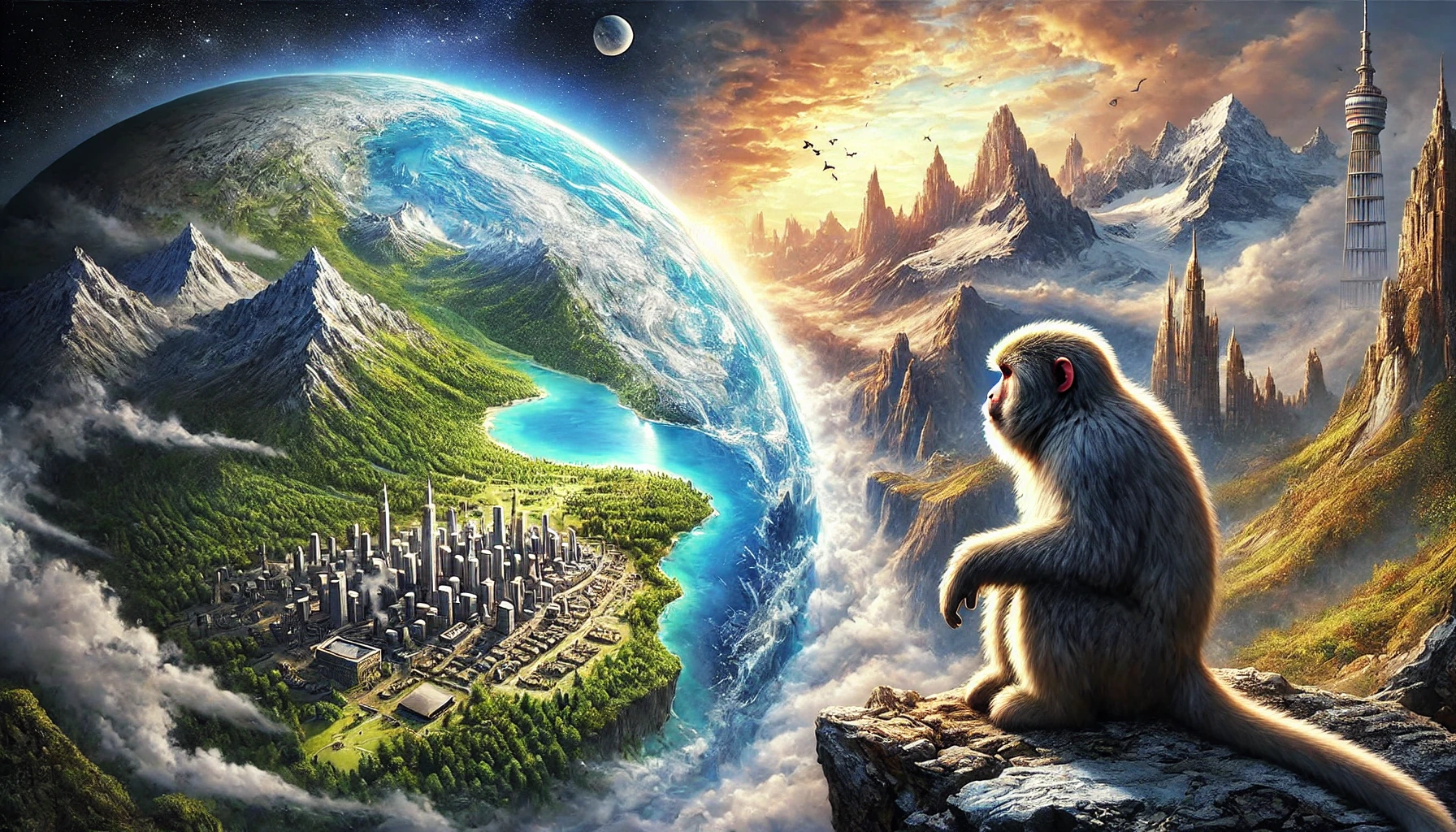
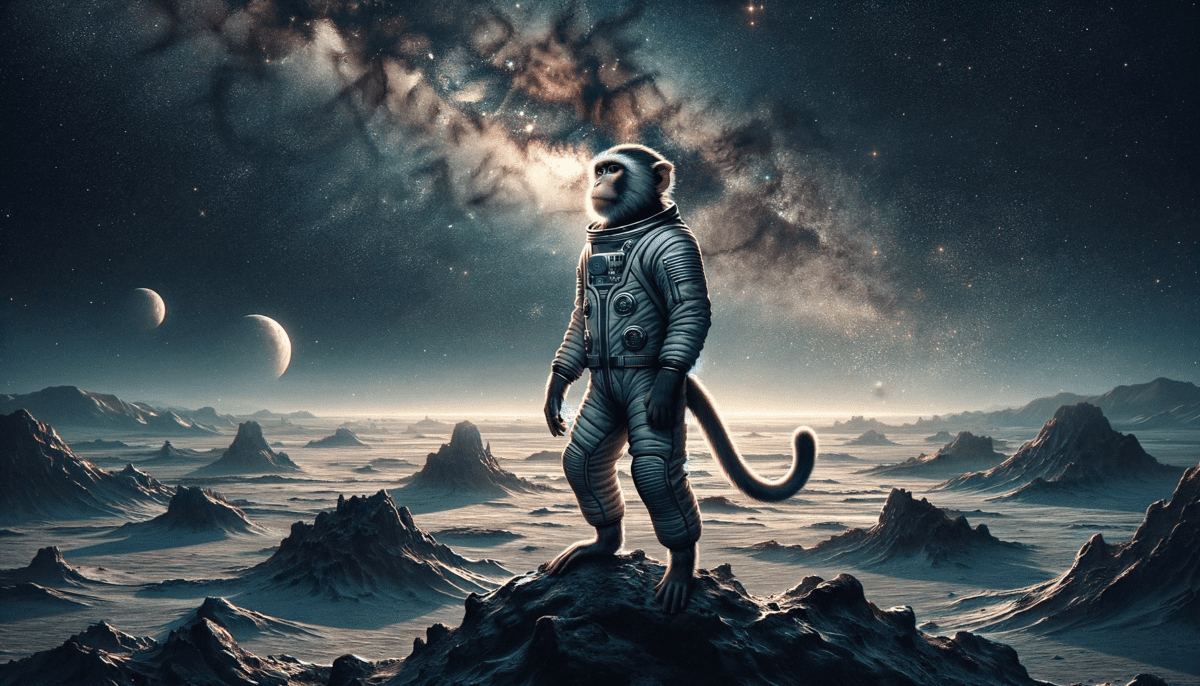

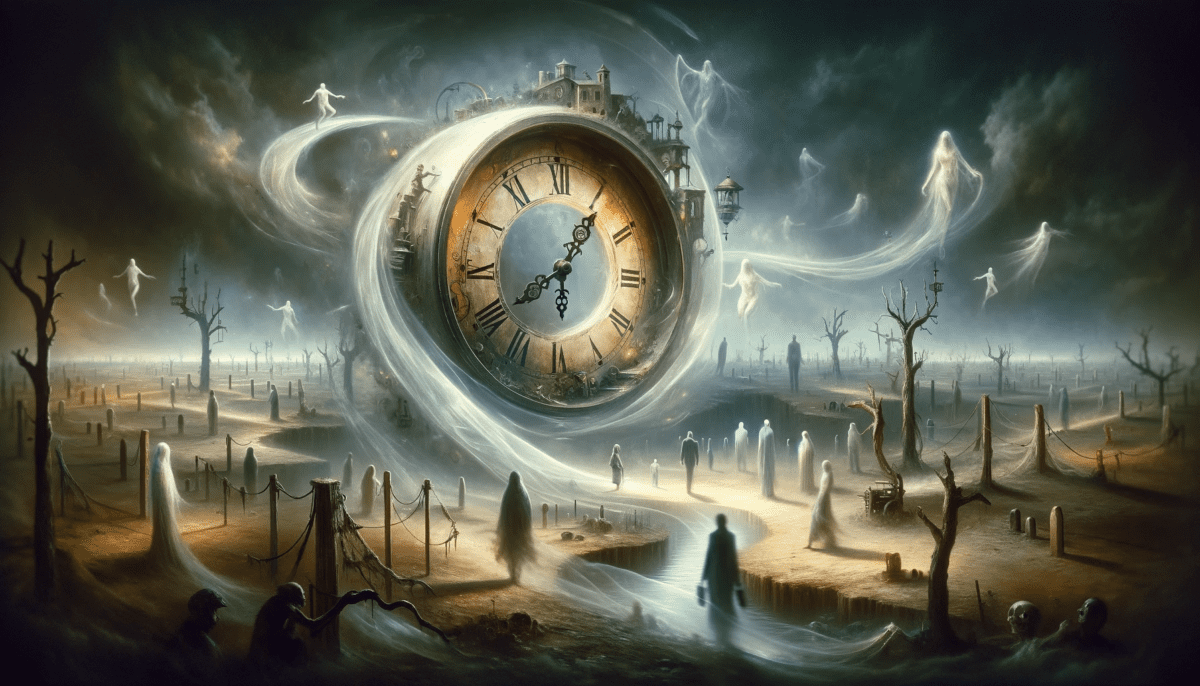
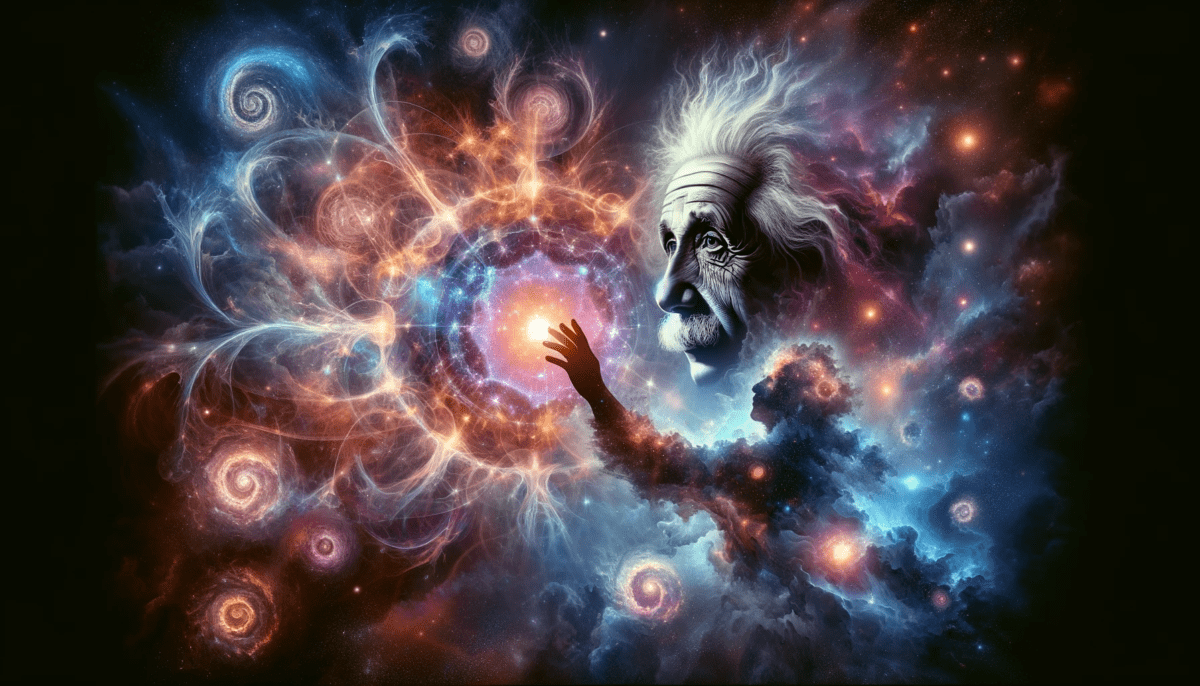
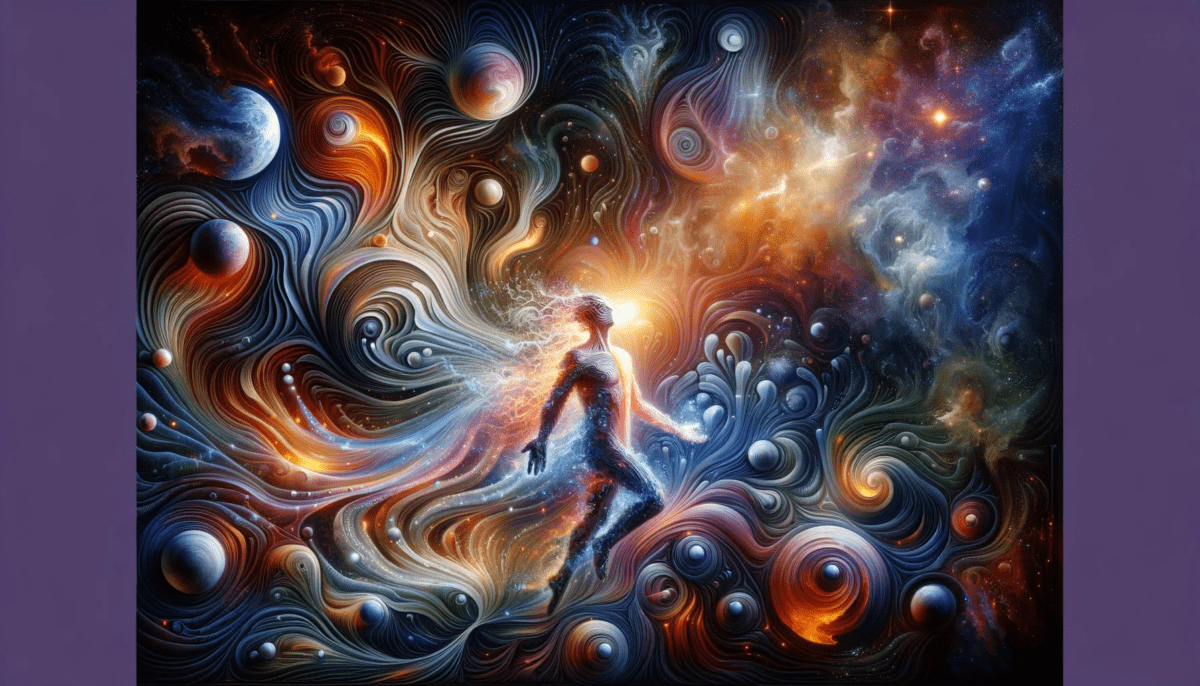
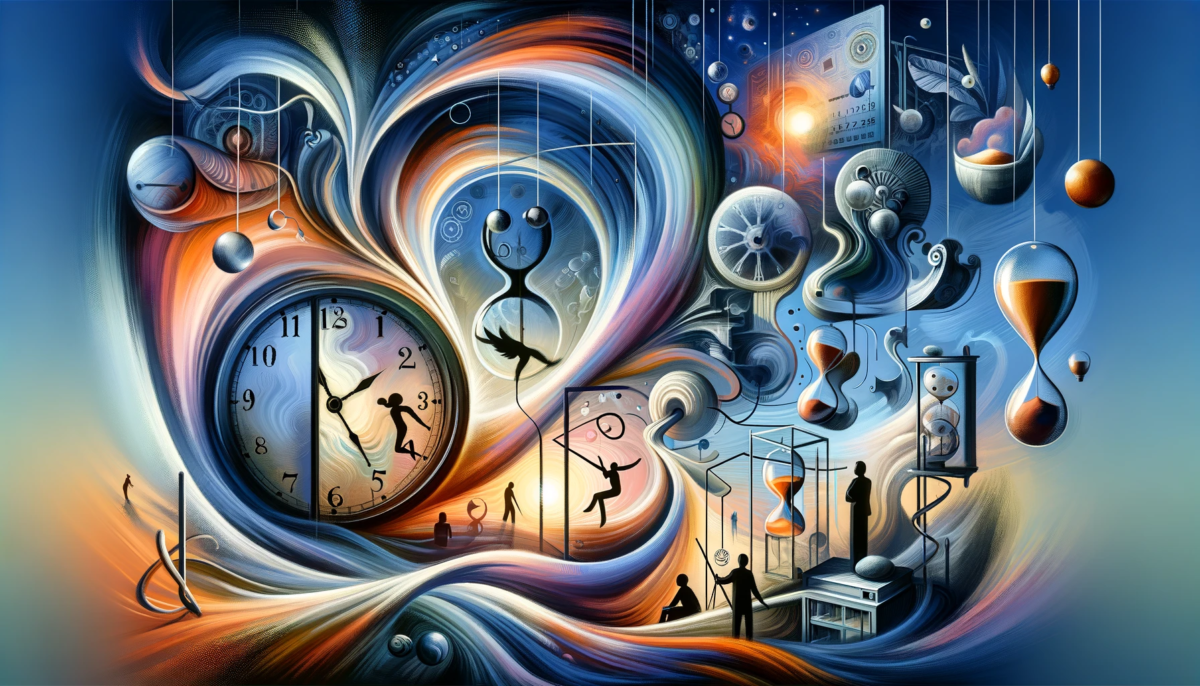
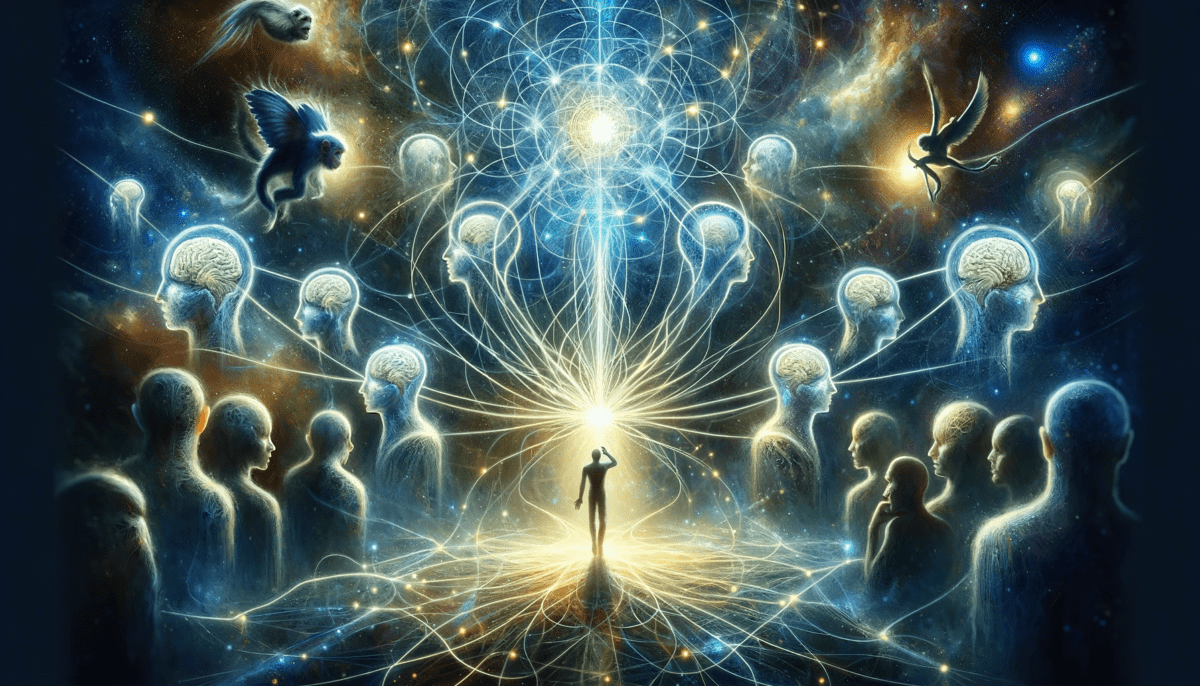
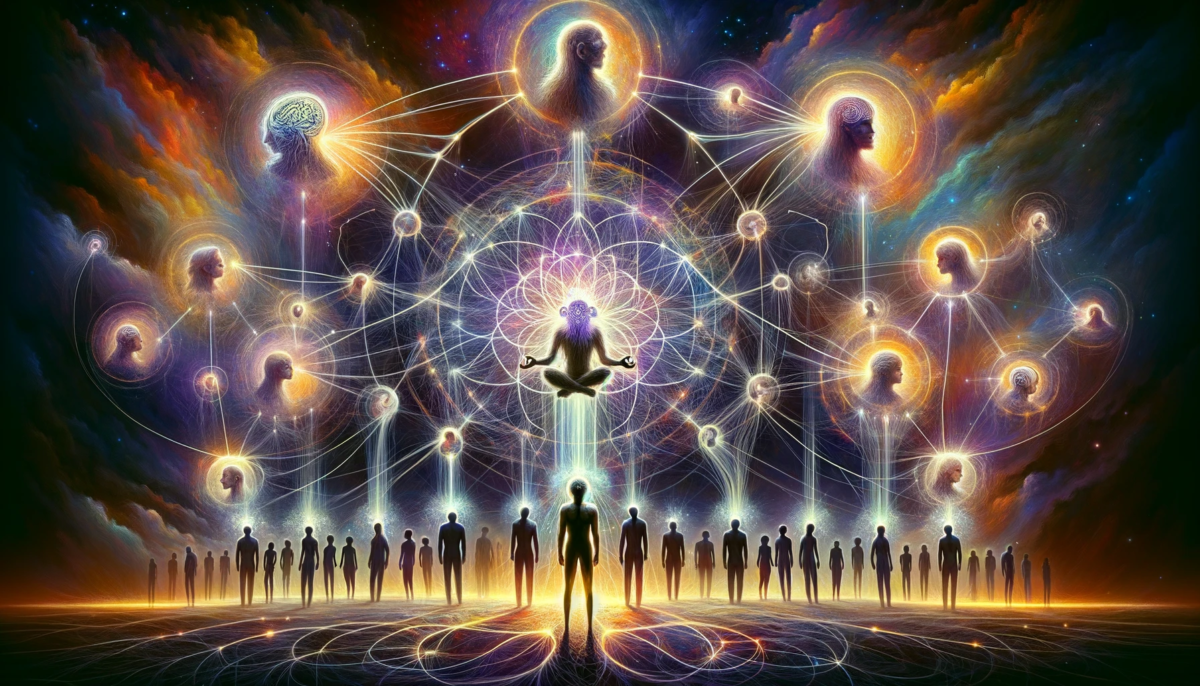
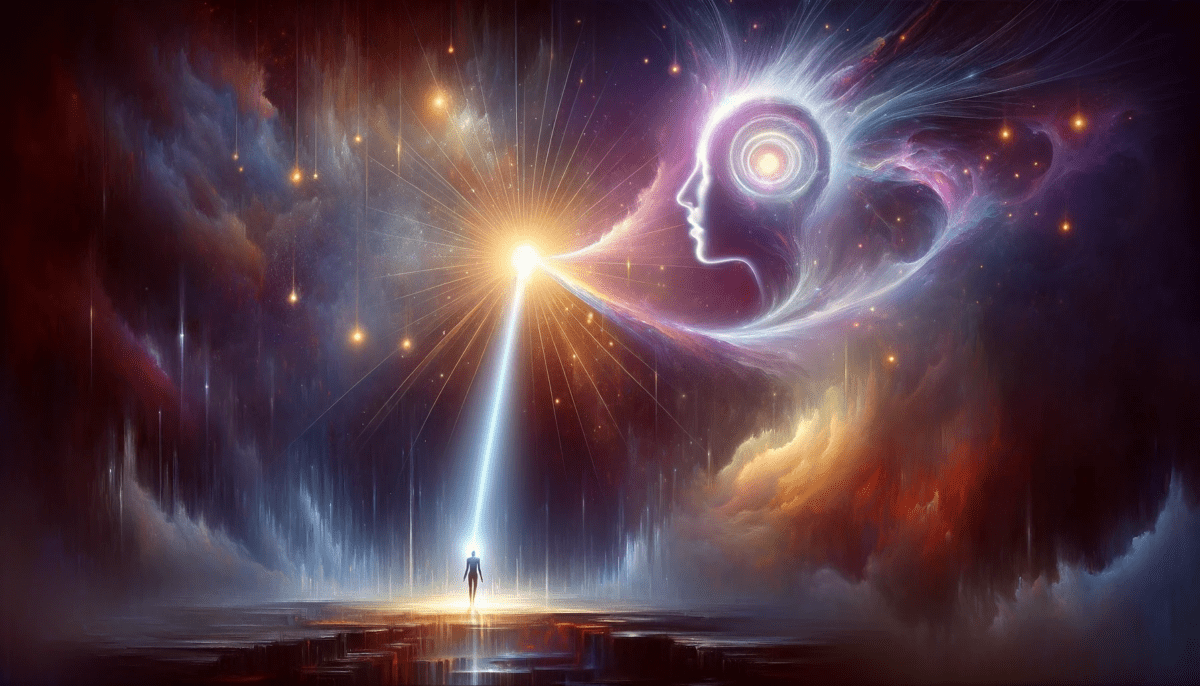
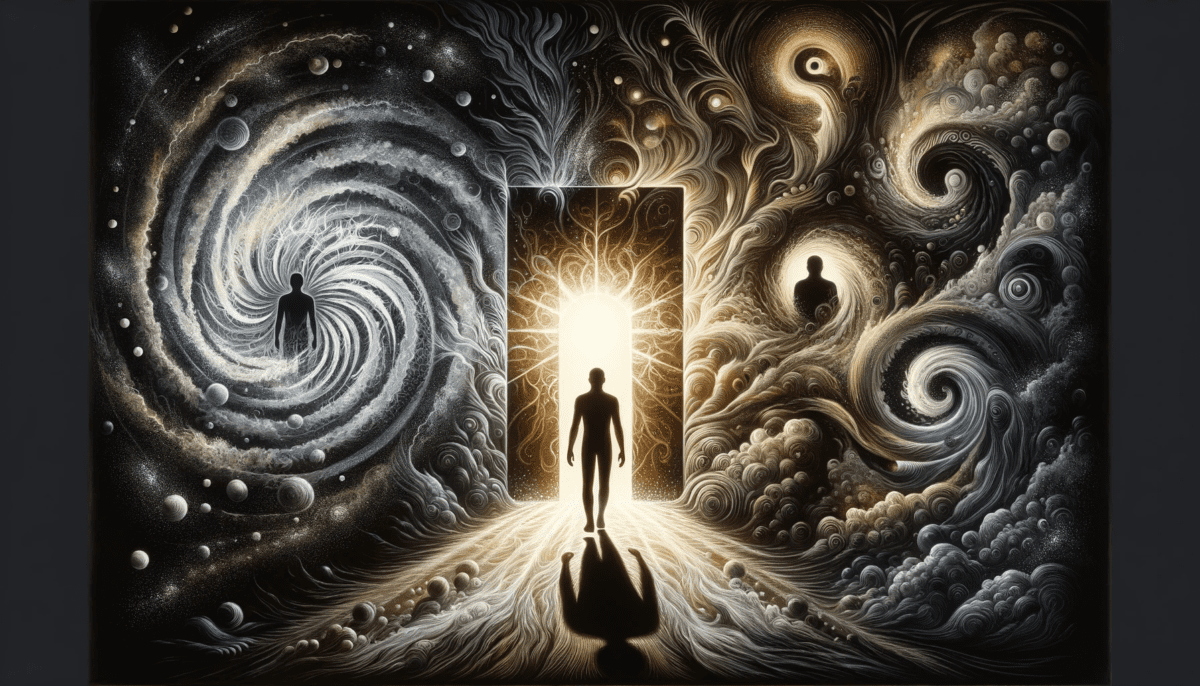
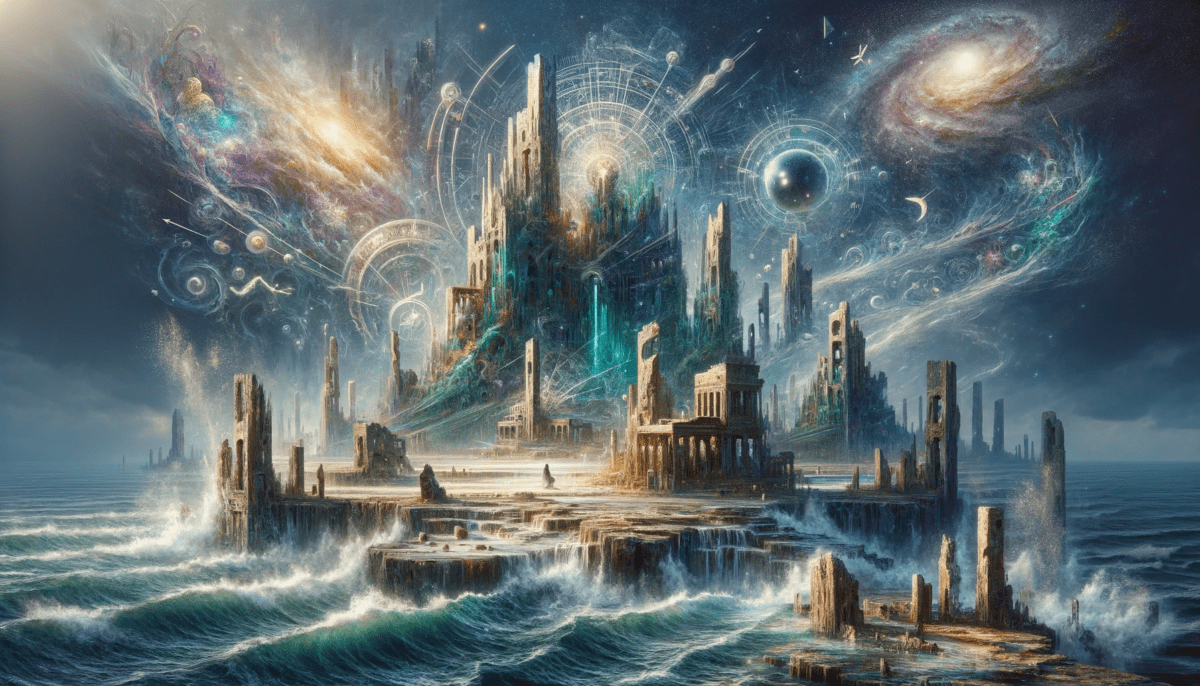
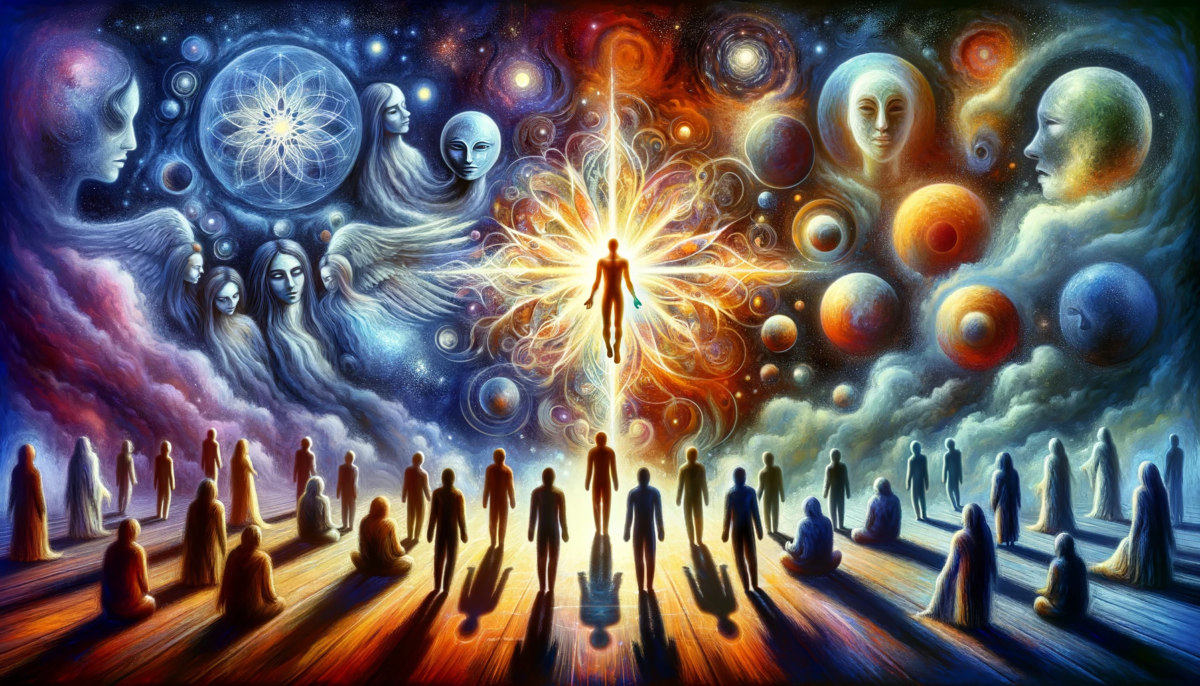
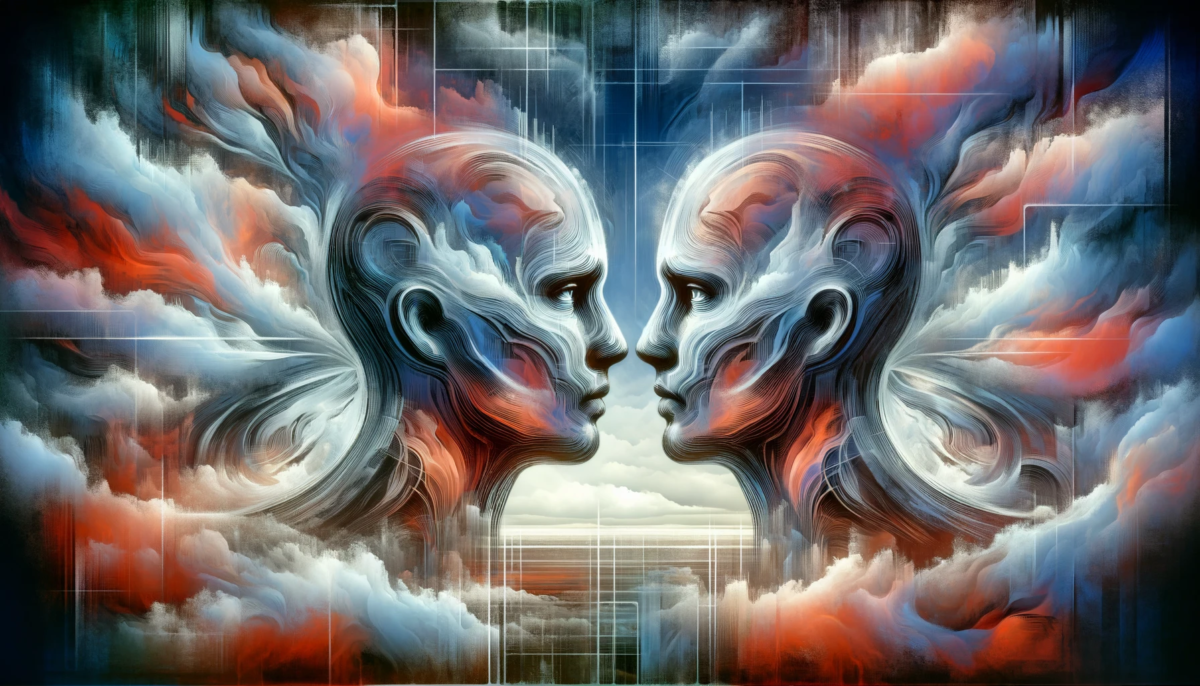
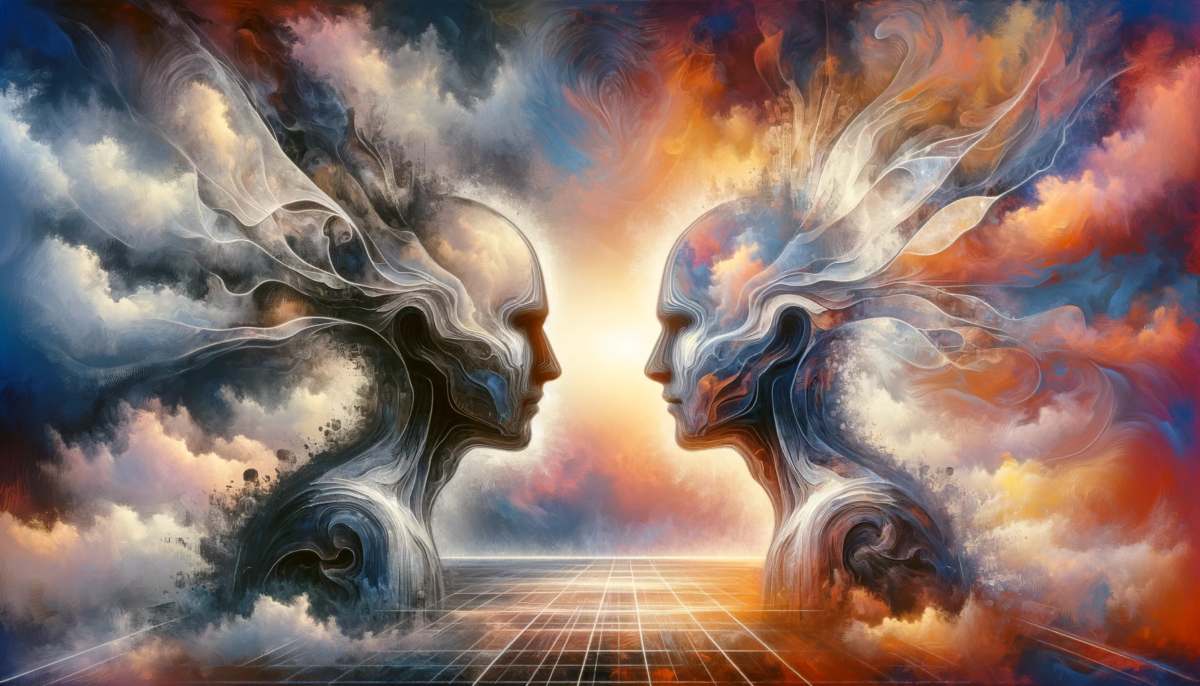
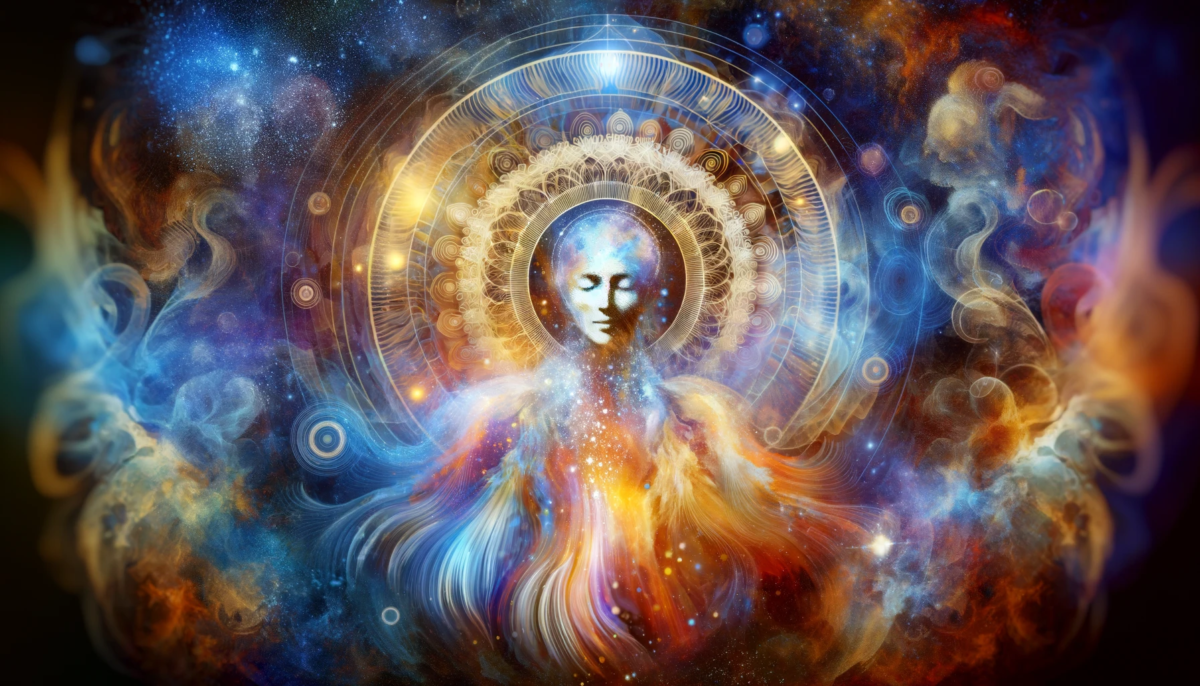
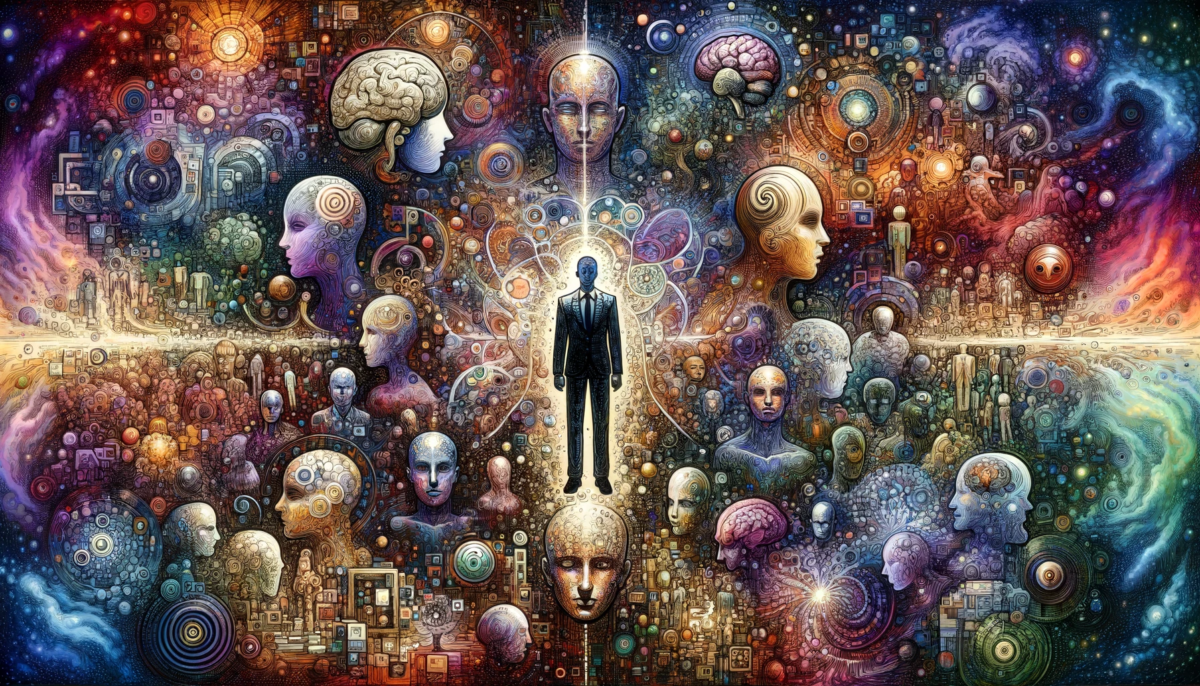
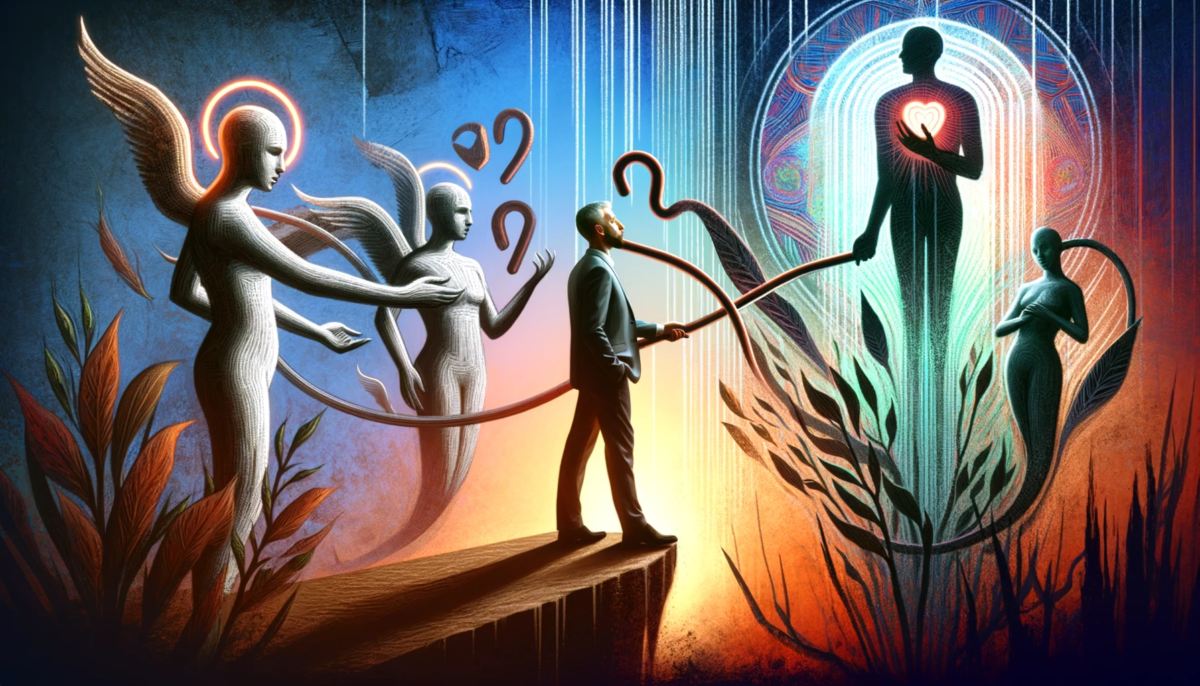
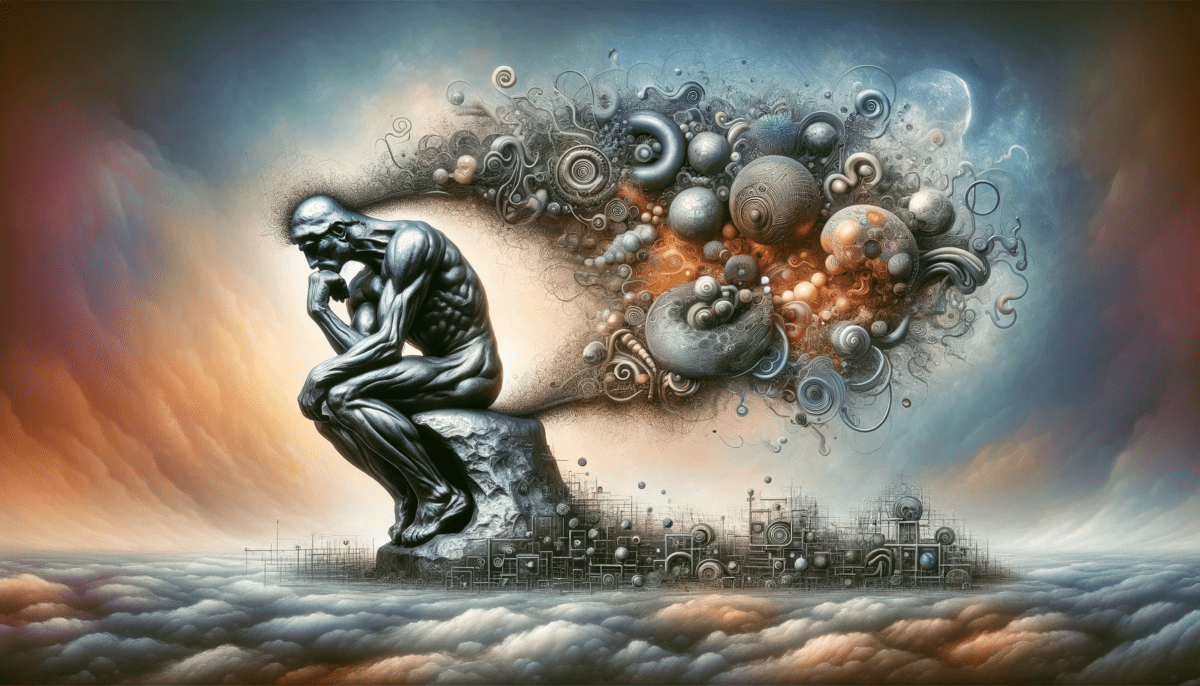
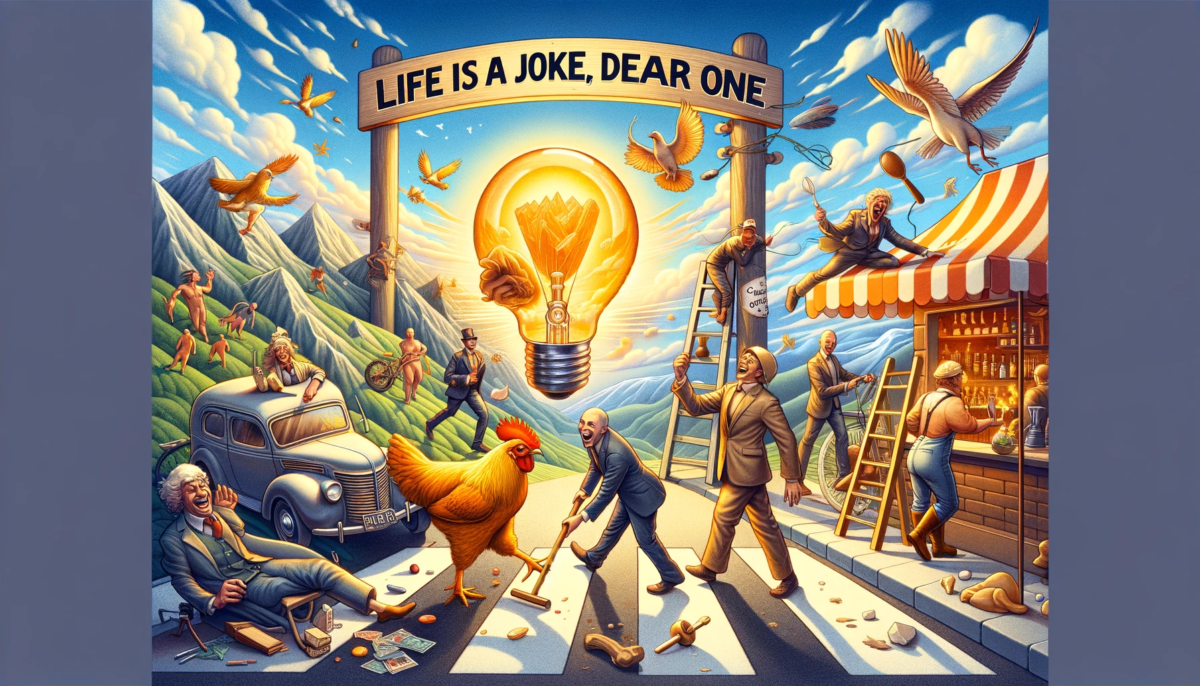
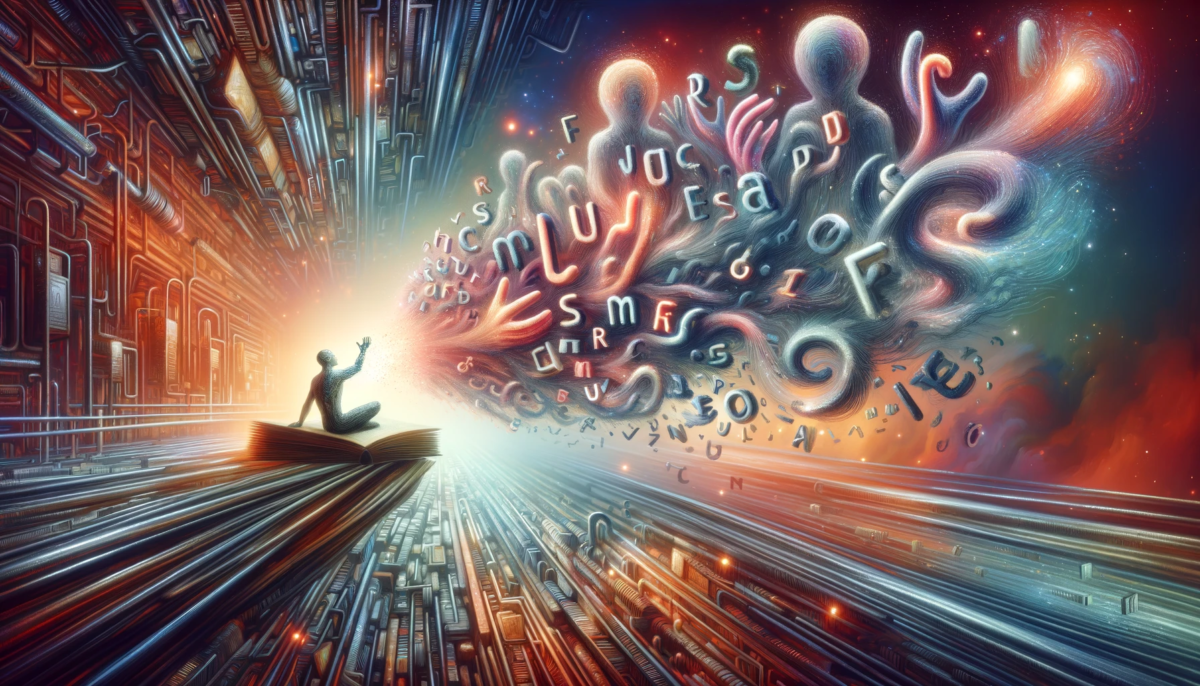
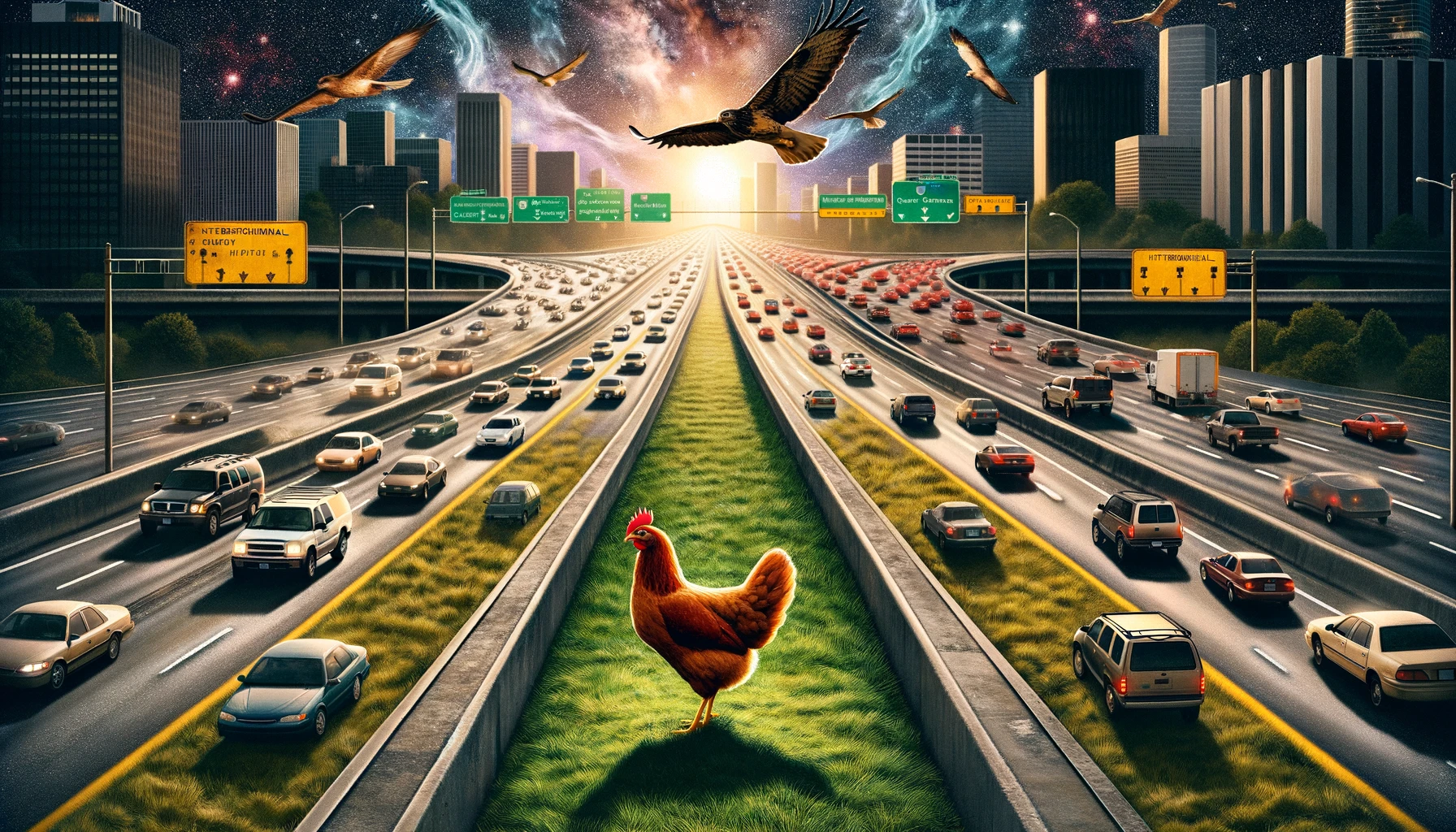
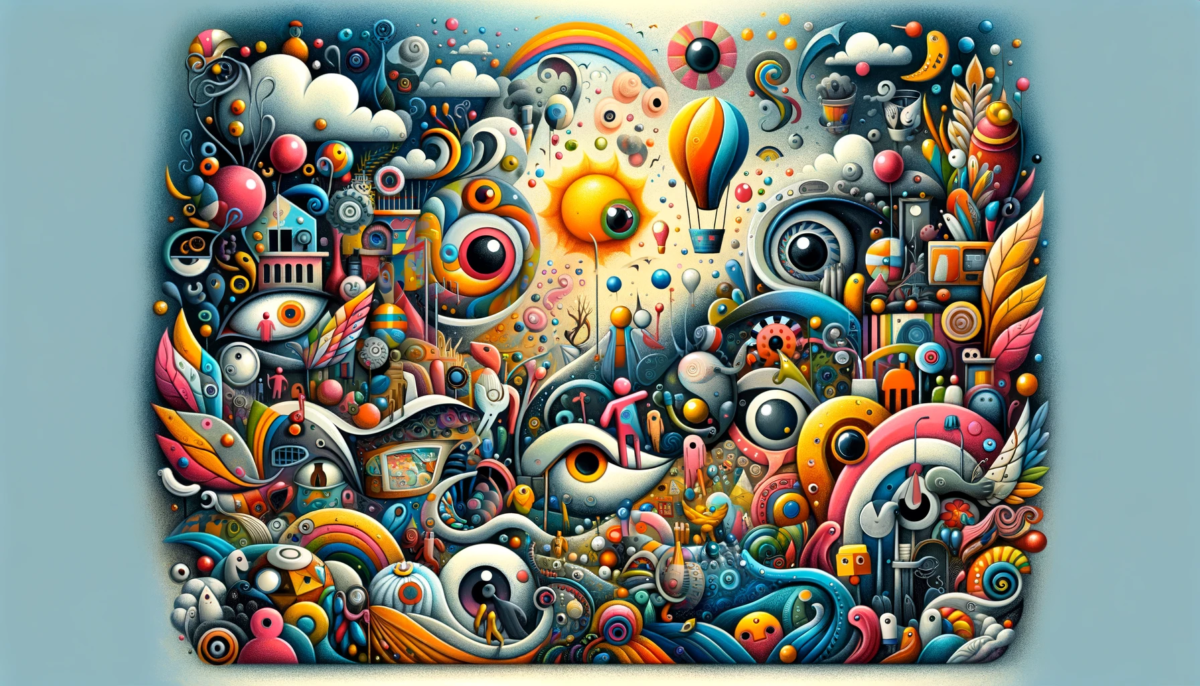
Leave a Reply